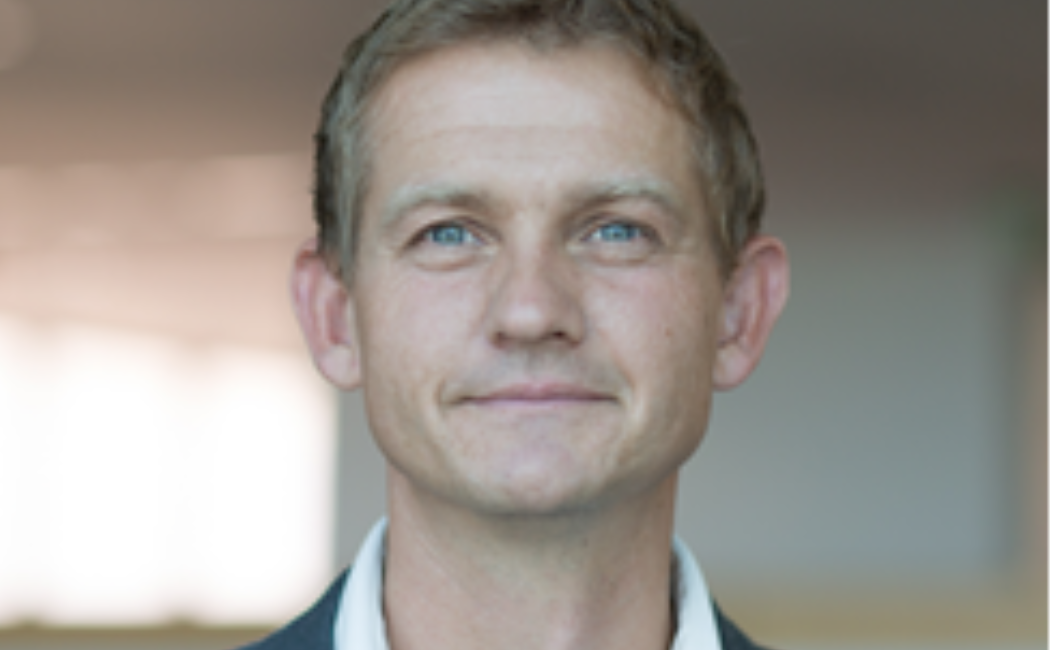
Promotion Colloquium: Prof. Christian Froekjaer Jensen
Developing the foundations for synthetic biology in a simple multicellular animal to understand genome biology
Abstract
Synthetic biology is a nascent scientific field that aims to apply engineering principles to biological systems, with early successes in producing anti-malarial medicine and reprogramming immune cells to fight cancer. Engineering living systems also has the potential to uncover fundamental biological principles. However, the ability to modify the fundamental software of organisms, the genetic code, is currently limited by our ability to "write" synthetic DNA and generate complex lines of code. For example, creating fully synthetic genomes is possible but remains a monumental undertaking limited to single-cell organisms, such as bacteria and yeast.
I will present our progress, over the past five years, in modifying the genome, generating artificial chromosomes from synthetic DNA pools, and scalable methods for perturbing every gene in C. elegans, allowing biological engineering on a scale not previously possible. We have used these tools to gain novel insights into how large parts of the non-coding genome are derived from a selfish gene and used as "watermarks" to prevent inherited epigenetic silencing of the organism's genes. My laboratory is currently focused on developing massively parallel reporter assays with the aim of using machine-learning algorithms to understand the basic regulatory grammar of gene expression.
About the speaker
Prof. Christian Froekjaer Jensen obtained his Ph.D. from the University of Copenhagen, Denmark. He trained as a postdoc with Prof. Erik Jorgensen at the University of Utah and with Prof. Andrew Fire at Stanford University, USA. In 2017, he joined the KAUST Environmental Epigenetics Program (KEEP) as an Assistant Professor of Bioscience. He is a member of KAUST Smart Health Initiative and an associate member of the Bioengineering program. His research group at KAUST, the laboratory for Synthetic Genome Biology, is focused on developing foundational technologies for genetic engineering in C. elegans, and has distributed reagents to over 800 laboratories at more than 450 universities.
